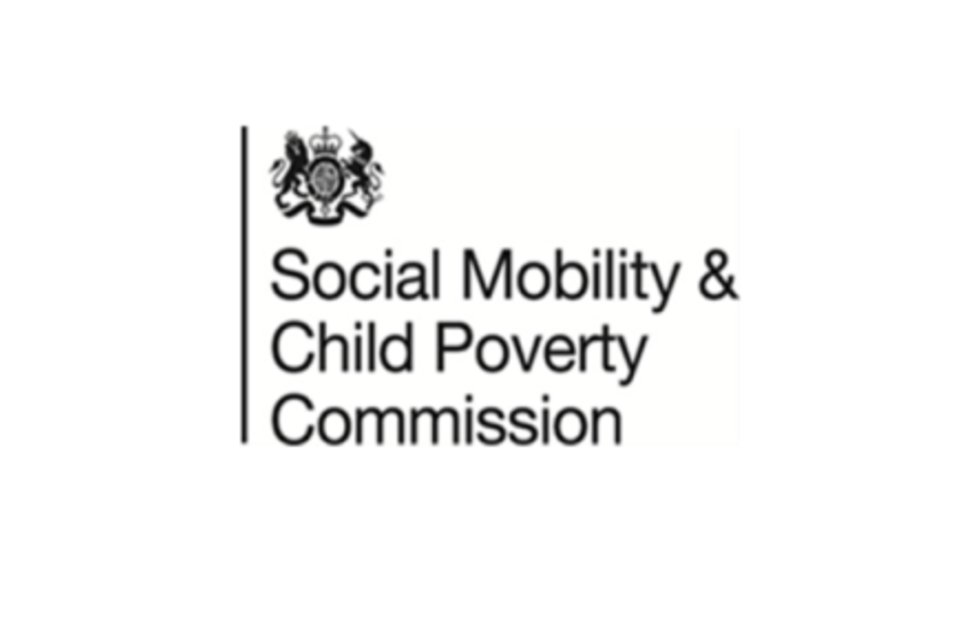- Select a language for the TTS:
- UK English Female
- UK English Male
- US English Female
- US English Male
- Australian Female
- Australian Male
- Language selected: (auto detect) - EN
Play all audios:
Patients with a highly resistant form of tuberculosis are less likely to respond to treatment and more than three times more likely to die than those with a less resistant form of the
disease, a study has shown. Researchers in South Korea studied medical records of 1,407 patients with multidrug-resistant tuberculosis (MDR-TB) admitted to hospital for treatment between
January 2000 and December 2002. Of these, 5.3% had extensively drug-resistant tuberculosis (XDR-TB). In the XDR-TB group, only 29.3% of patients had a treatment success, compared with 26.2%
in the MDR-TB group. Patients with XDR-TB were 3.25 times more likely to die overall and 4.45 times more likely to die of TB-related causes. TB expert Giovanni Battista Migliori, of the WHO
Collaborating Centre for TB and Lung Diseases in Tradate, Italy, said that new drugs must be found to help eliminate TB. ‘Regrettably, a new drug [to treat TB] has not been licensed in
decades," he said. ‘As we wait for new diagnostics and drugs that can meet the challenge of XDR-TB, we must work with what we presently have to create the optimal conditions for success
and thus seize the opportunity we have to eliminate tuberculosis,’ he said. American Journal of Respiratory and Critical Care Medicine (2008) 178: 1075-1082








